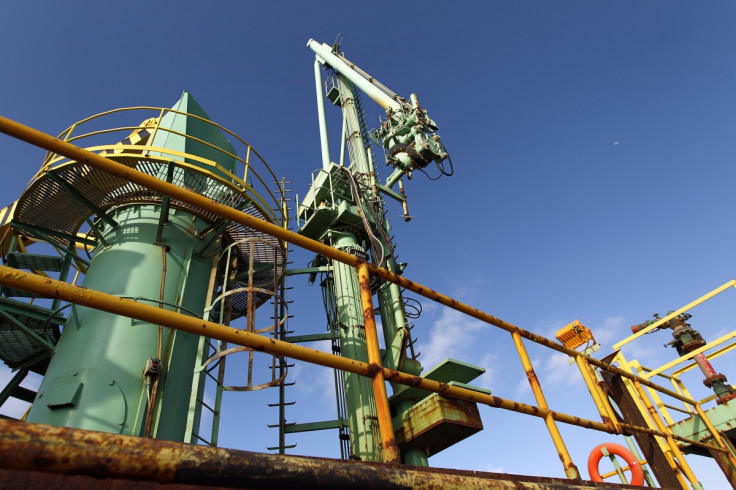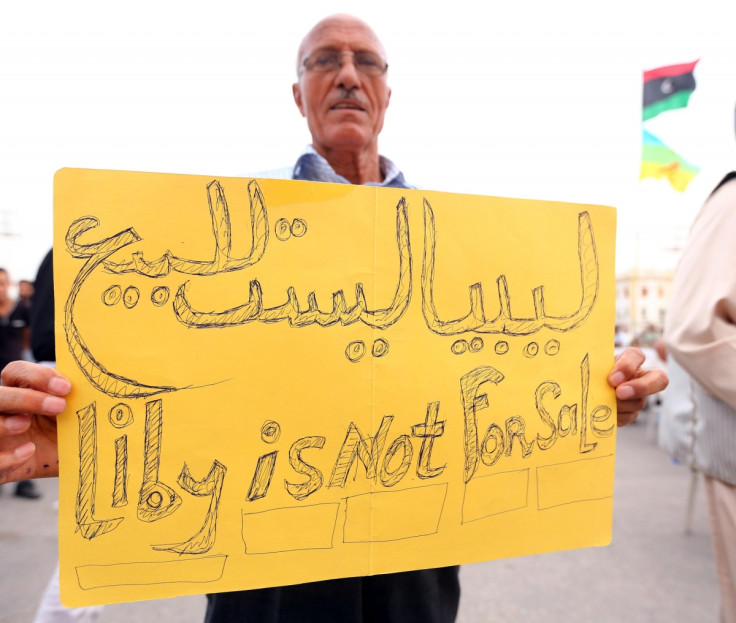Libya: Rival Libyan investment authorities sabre rattle ahead of peace deal deadline

Libya's rival investment authorities, both claiming control of the embattled North African oil producer's sovereign wealth fund, have reasserted their claim to the $60bn (£39bn) portfolio ahead of a UN-imposed deadline for peace.
Just as Libya currently has two governments battling for control of the country, two rival investment authorities have emerged claiming control of the nation's surplus oil revenue investments.
The claims are inherently tied to the two rival governments and ahead of a UN deadline which would see both share power in a unity government as of 20 October, the investment authorities have staked their claim to Libya's frozen billions.
The CEO of Libya's Tripoli-based authority, who was reappointed to the position after the rise to power of the Tripoli government, which in turn is backed by a splinter group of Islamist politicians and powerful militias, has called on the international community to keep Libya's assets frozen. The majority have been frozen since February 2011. The Tripoli-based LIA denies any links with any of the groups vying for power in Libya, including the Tripoli government.
"I call on the international community to remain vigilant in maintaining and enforcing the freezing of the Libyan Investment Authority's assets until the political groups come together and form a national unity government," Abdul Magid Breish said in a statement.

"The Libyan Investment Authority (LIA), together with the National Oil Corporation and the Central Bank, remains above politics and plays no part in the current instability," he added. Breish has accused his rivals in the Malta-based Libyan Investment Authority of wishing to unfreeze the assets, a charge they deny.
The Malta authority, headed by Hassan Bouhadi and linked to the internationally recognised government in Beida, claims its legitimacy flows from democratic polls held in June 2014 which elected the House of Representatives. The legislature in turn ratified the government of prime minister Abdullah al-Thinni, who now sits as the chairman of the board of trustees for the Malta authority.
A spokeswoman for Libyan Investment Authority told IBTimes UK: "Mr Bouhadi does not seek to remove the existing sanctions. He has however, with the full authority of his board of directors, been in dialogue with the UN, EU and US on how there may be a middle ground, a 'smart management' process, which allows the sanctions to remain in place but the returns on investments, bonds, and income generating assets be 'managed' to ensure that there is no reduction in the value of these assets and that returns are able to work harder for the Libyan people.
"Just recently Mr Bouhadi with relevant authorities and decision-makers to investigate how such a 'smart freeze' might be developed, be robust legally and above all enable the LIA to preserve, protect and where it has an opportunity grow the value of assets under it management for the Libyan people, as it is mandated so to do," she added.
Despite the positioning of the rival authorities ahead of the deadline, Libya's government of national unity looks unlikely to materialise by 20 October with both sides demanding their own read lines within the complicated dead.
NOTE: This story has been updated to clarify that the LIA in Tripoli has received no official backing from the Tripoli-based government.
© Copyright IBTimes 2025. All rights reserved.






















